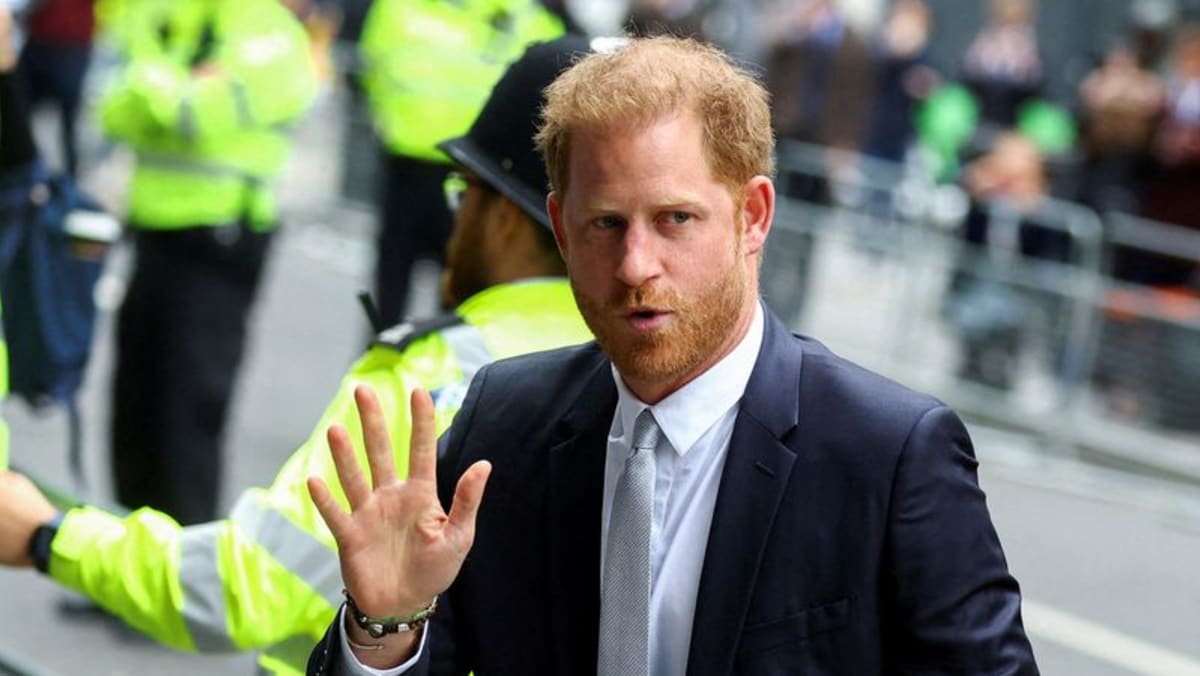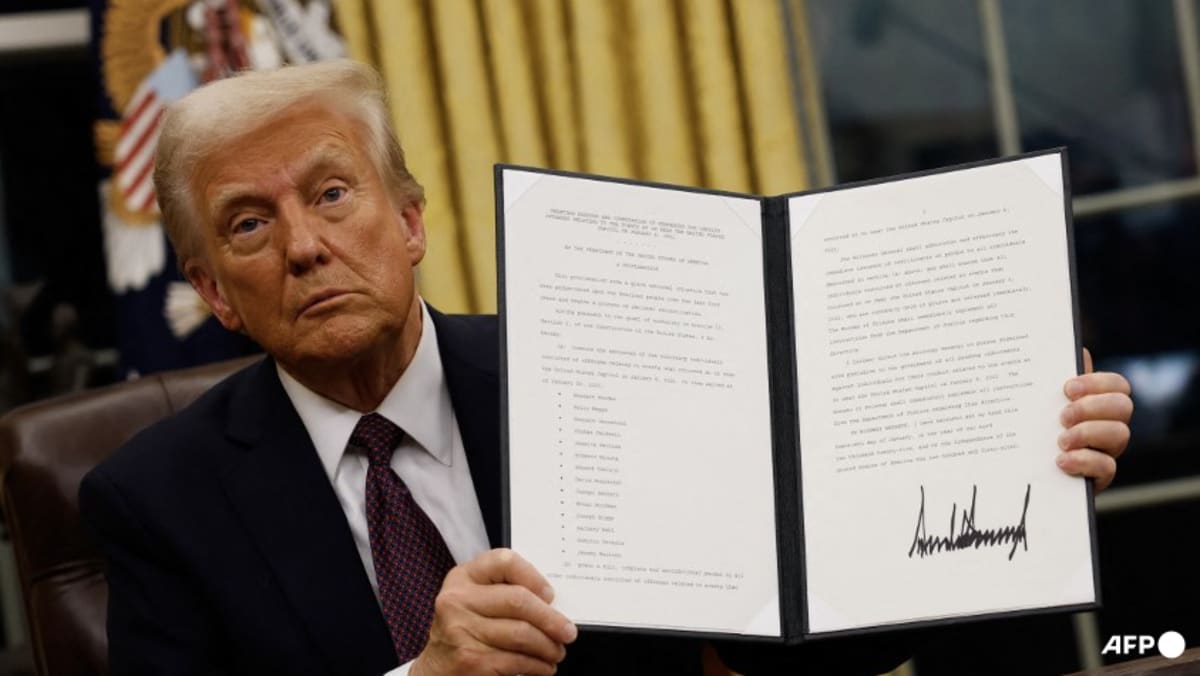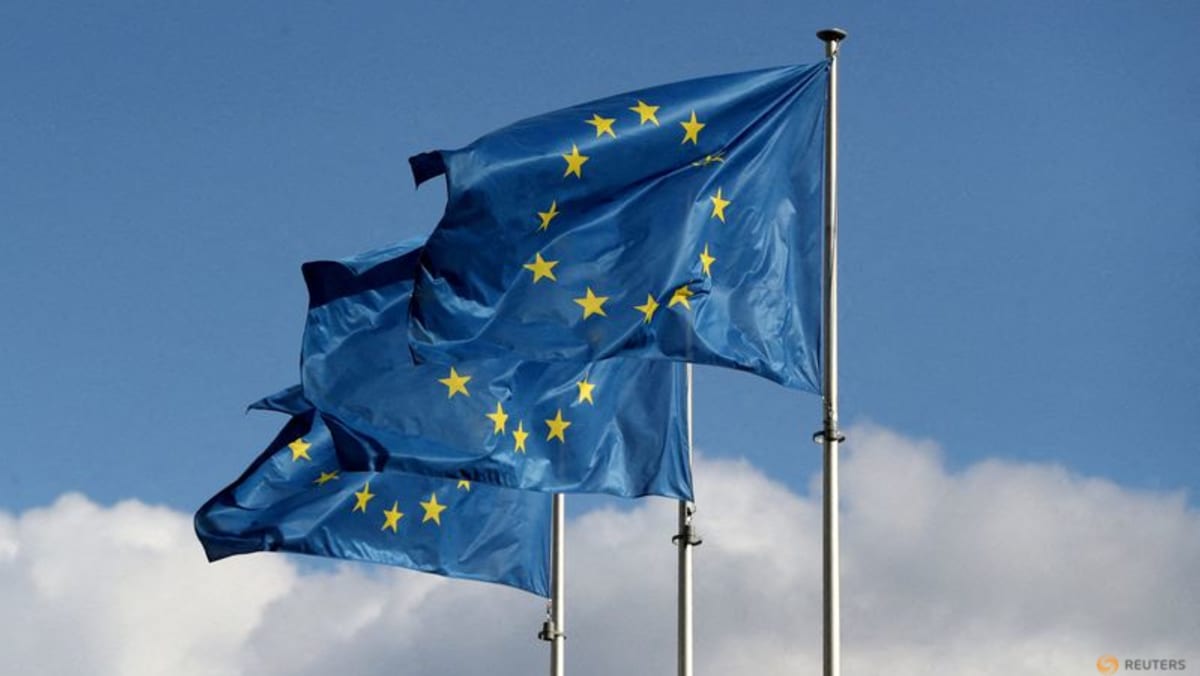STIRRING THE TARIFFS POT
Trump said on Monday he is still studying whether to impose universal tariffs on all imported goods, saying the world’s largest economy is “not ready for that yet”.
“The case with Trump is that everything is transactional. There isn’t that much of a structured plan or framework that he applies when dealing with issues of foreign policy, issues of trade,” said Alex Capri, senior lecturer at the NUS Business School’s analytics and operations department.
“This could come at any day, and it can be transactional, and there could be some kind of quid pro quo, or some kind of negotiating tactics to get some kind of concession out of a country,” he told CNA938.
Trump has already put major US trading partners Mexico and Canada on notice that they could face a 25 per cent duty on their exports on Feb 1.
He added on Tuesday that he is considering a 10 per cent duty on Chinese imports, which could also come on Feb 1. He had earlier threatened to impose a whopping 60 per cent tariff against China during his campaign.
But observers believe that Trump could be facing some resistance from his own advisers when it comes to imposing heavy tariffs on China.
Meanwhile, Chinese Vice Premier Ding Xuexiang, speaking at the World Economic Forum in Davos, Switzerland on Tuesday, warned that there would be “no winners” in a trade war.
On how China would react to US tariffs, Tim Harcourt, chief economist at the University of Technology Sydney’s Institute for Public Policy and Governance, said: “I think in some ways they’re looking at possibly not retaliating, because they do have trade surpluses with the US.
“But they will be watchful for other measures with respect to intellectual property, with respect to foreign investment restrictions, and also in terms of the demand for critical minerals that’s been very important in the sort of tension between China and the United States.”
Trump on Tuesday also pledged to hit the European Union with tariffs, citing the need to rectify the bloc’s trade imbalances with the US.
“At this stage, what the Trump administration is doing is signalling intent,” Harcourt told CNA’s Asia Now. “So we don’t know what action will come forward.”
Harcourt said he does not really think that tariffs “really have much impact on trade balances”.
“If anything, they hurt consumers and will hurt American producers,” he added.
“But politically, I can see that Trump is sort of using tariffs as a strategic weapon, for instance, against Canada and Mexico as a tool of geopolitics, as a negotiating weapon… to ensure that other countries change their foreign policies or their immigration policies.
“I think that’s why the world’s pretty uncertain, and people are looking really carefully at what the intention is and what the likely impact is going to be on the global economy.”














